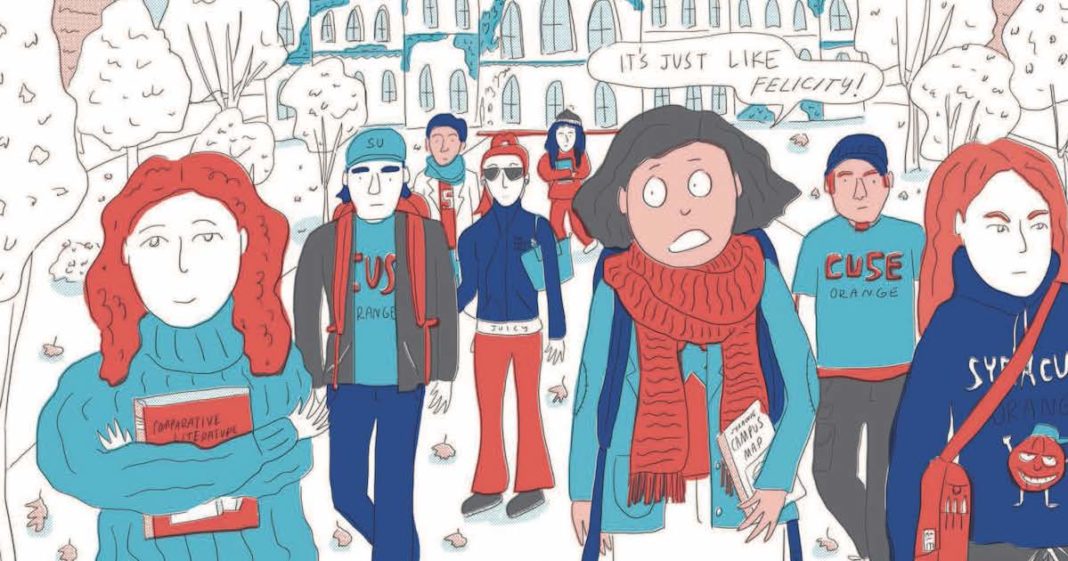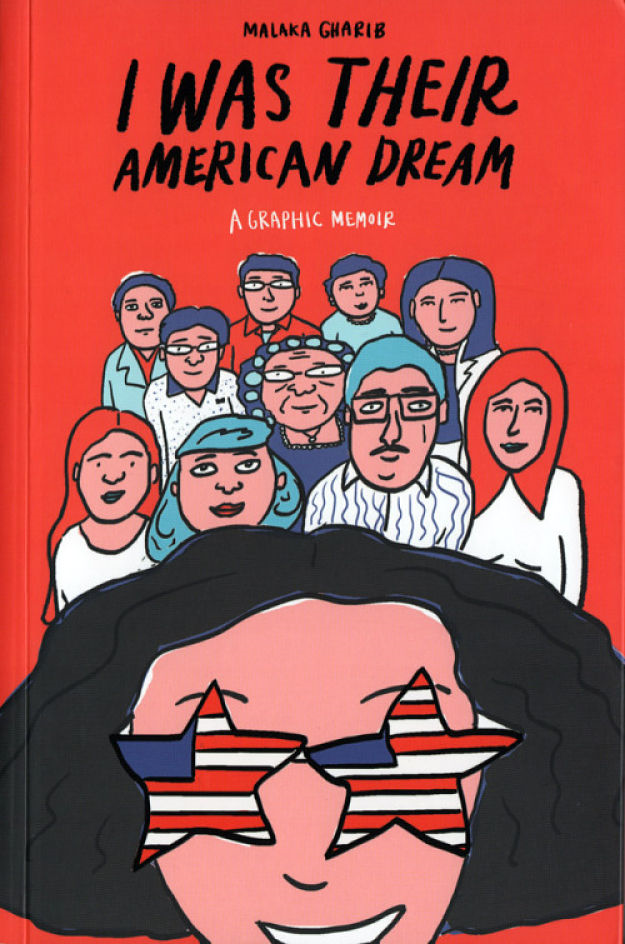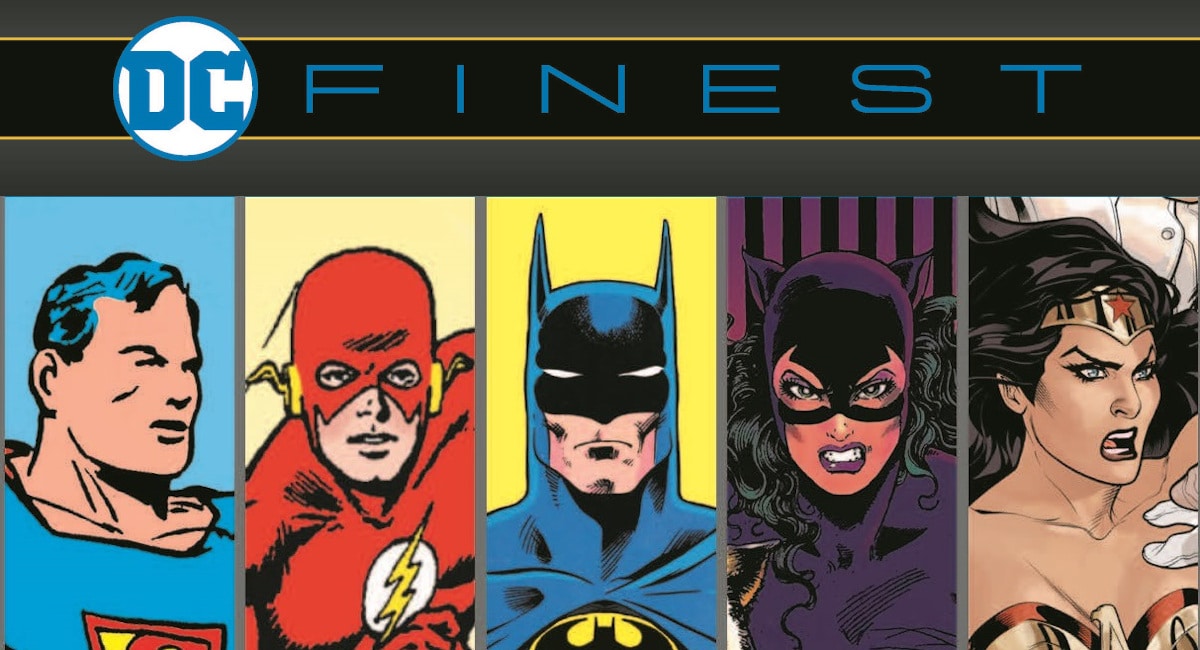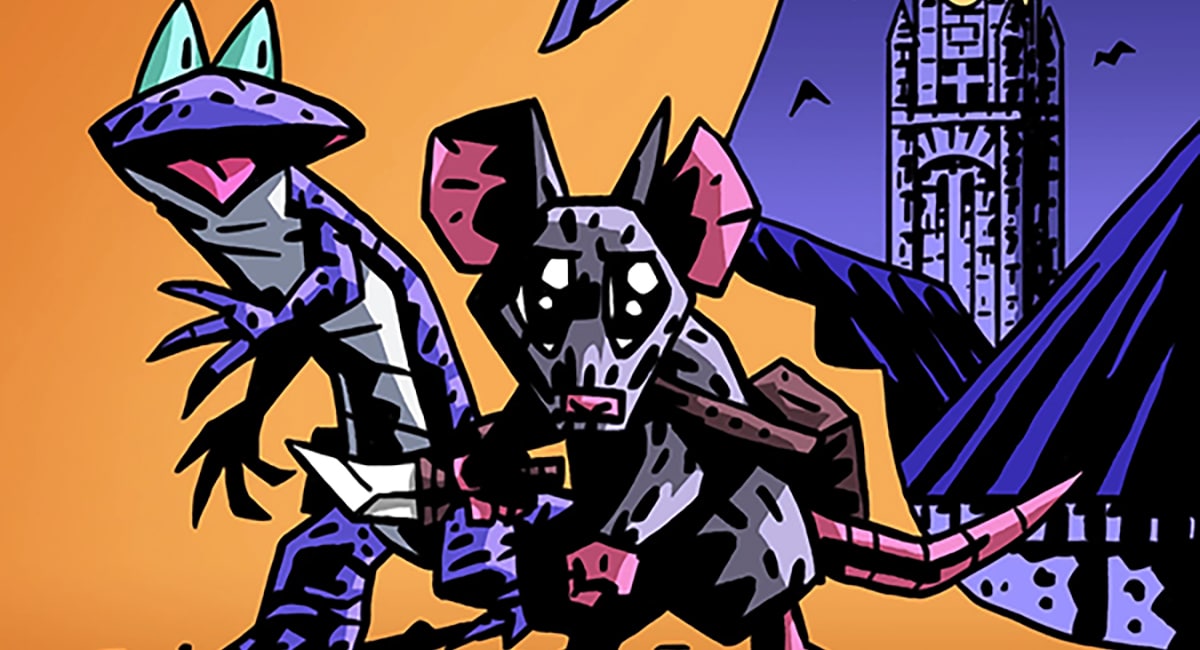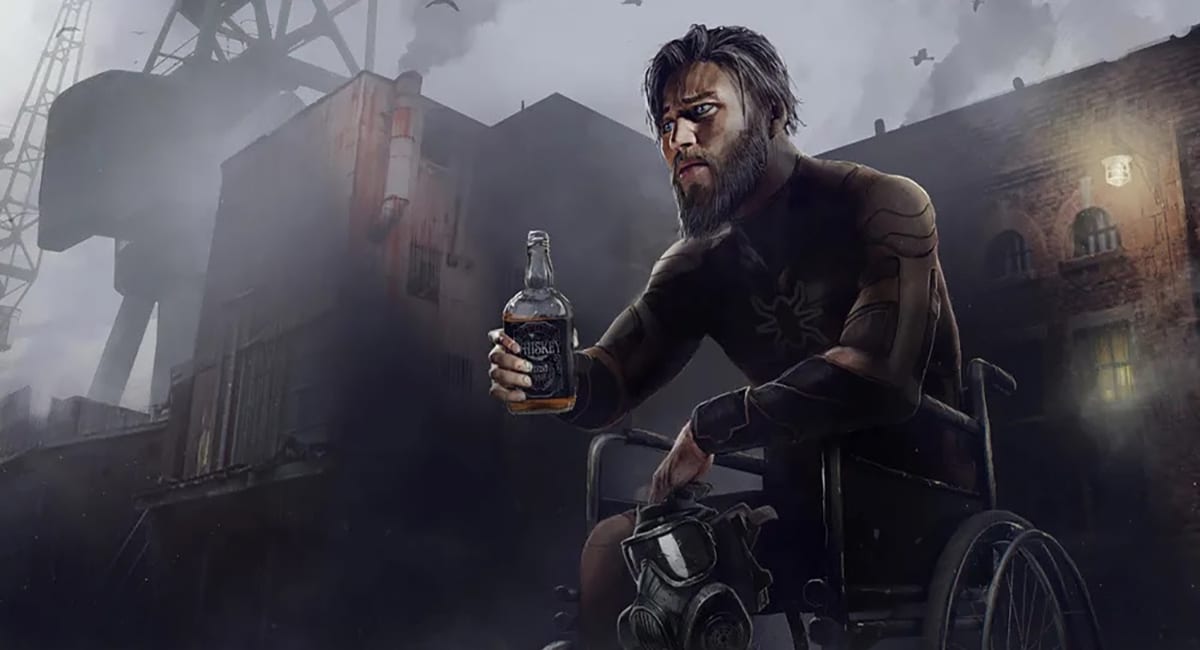I Am Their American Dream tells the story of writer and artist Malaka Gharib and her immigrant parents; having grown up in California, Gharib experienced feelings of cultural isolation and difficulties integrating due to her mixed heritage. In the book, Gharib tackles these themes in a rather humorous and charming way.
Her troubles integrating stem from her mixed heritage: her mom is Filipino and her dad is Egyptian. After her parents split up, Gharib spent summers in Egypt with her father where she felt like a complete outsider due to how she was raised in the United States.
I had the pleasure of speaking to Gharib via e-mail about her book, what inspired her to finally tell her story, and her role as a writer for NPR.
Hussein Wasiti: You’ve had a unique upbringing and childhood. What helped you decide to tell your story?
Malaka Gharib: I was disturbed by the anti-immigrant rhetoric in the U.S. in 2016. I was thinking of my own way I could help. And I thought: I’m good at drawing and cartoons. Maybe I’ll draw some and share my story to help illustrate that there are many different immigrant stories in America.
Wasiti: In the book, you briefly mention making zines and comics when you were younger. What’s your history with comics?
Gharib: I’ve been making zines and comics since I was 14. I discovered my first zine at Skylight Books in Los Angeles, and started making versions of my own in high school. I printed them out at my uncle’s clinic and I would distribute them around my town, the Tower Records and to friends in high school. I also kept a journal and often used comics to describe how my day went. I wrote one once about how I didn’t get into NYU, or was laying on a beach and didn’t feel like studying.
Wasiti: Who are your artistic inspirations?
Gharib: My artistic inspirations are Adrian Tomine and Roz Chast. I like Tomine because he sets up very poignant scenes with quiet moments. And Chast because she’s very good at expressing emotion.
Wasiti: Why did you want to tell your story through comics as opposed to another medium? Was it your history in making comics or something else?
Gharib: I like the way I can express myself through comics. It allows me to express an idea, but then a deeper nuance with an image. If I write, “As a kid, I worried about my dad,” I could draw an image of my dad sitting at home in his undershirt, eating Kentucky Fried Chicken on the couch in front of the nightly news on TV. It conjures so many feelings that words can’t even begin to say.
Wasiti: The American Dream plays a big part in the story and, as a Canadian, I find the concept very interesting. You’re a result of your parents’ dream; what do you think of it?
Gharib: I think the dream for my parents was a set of securities that allowed their children to have what they struggled [for] within their home countries: a good education, a fair shot at success in life and their careers, and stability — politically, economically and socially. For me, it was a sense of acceptance in this country. My parents thought that because I was born in the States I would automatically be American. And I was — I just didn’t feel that way for most of my life. The dream for me is to accept finally that the picture of my life is American, too.
Wasiti: You’re a Global Health and Development writer for NPR. What does this entail and did it influence the book in any way?
Gharib: I write and edit stories relating to global poverty, humanitarian crises and global health. I’m passionate about these issues and I am grateful I get to research these topics and share them with the public. In reporting and writing, you have to articulate exactly what you mean to say, hook the audience with interesting anecdotes and stories, and show, not tell. I used those skills when writing the book.
Wasiti: I really enjoyed the meta sections of the book, like where you detail recipes and game instructions, as well as provide pages to cut out. How did these come about?
Gharib: I would like for the audience to enter my world and interact with me. If they could play paper dolls with me for a little while, or go through the physical motions of making a zine, then they might have a better understanding of what it’s like to be me.
Malaka Gharib’s I Was Their American Dream is currently available wherever books are sold. To keep up with Gharib in social media, follow her on Twitter.


